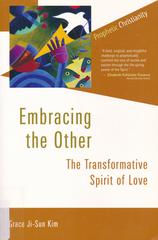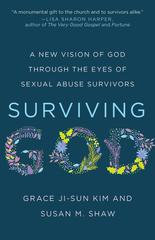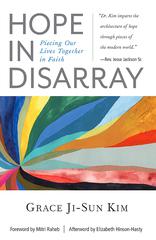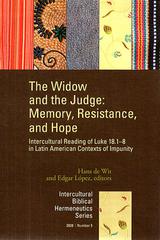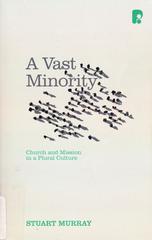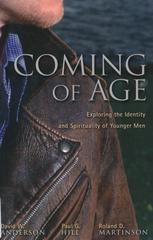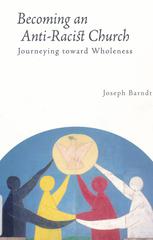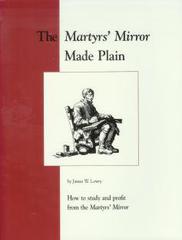Invisible: Theology and the Experience of Asian American Women
A Theology of Visiblity for Asian American Women
Invisibility persists throughout the Asian American story. On the one hand, xenophobia has long contributed to racism and discrimination toward Asian Americans. On the other hand, terms such as perpetual foreigner and honourific whites have been thrust upon Asian Americans, minimizing their plight with racism and erasing their experience as racial minorities. Even more indiscernible in America's racial landscape are Asian American women. The compounded effects of a patriarchal Asian culture and a marginalizing American culture are formidable, steadily removing the recognition of these women's lives, voices, and agency.
Invisibility is not only a racial and cultural issue, but also a profound spiritual issue. The Western church--and its theology--has historically obscured the concerns of Asian Americans. The Asian American church relegates women to domestic, supportive roles meant to uplift male leaders.
In Invisible, Grace Ji-Sun Kim examines encounters with racism, sexism, and xenophobia as she works toward ending Asian American women's invisibility. She deploys biblical, sociological, and theological narratives to empower the voices of Asian American women. And she shares the story of her heritage, her family history, her immigration, and her own experience as an Asian American woman. Speaking with the weight of her narrative, she proclaims that the histories, experiences, and voices of Asian American women must be rescued from obscurity. Speaking with the weight of a theologian, she powerfully paves the way for a theology of visibility that honors the voice and identity of these women. As Asian American women work toward a theology of visibility, they uplift the voiceless and empower the invisible, moving beyond experiences of oppression and toward claiming their space in the kin-dom of God.
"Combining moving personal narratives and social history, this timely book challenges anti-Asian racism and internalization of white norms that contribute to the invisibility of Asian Americans. It uses an intersectional approach to articulate a theology of visibility that decenters whiteness and offers a vision for our collective future. Written in an accessible way, this book can be used in classrooms, churches, and adult forums." - Kwok Pui Lan, editor of Hope Abundant, Candler School of Theology, Emory University
| Type | |
| Genre | Academic Theory/Thesis |
| Expression | General Writing/Recording |
| Topic | Female Spirituality, Racism/Anti-Racism |
| Audience | Adults |
| Language | English |
| Publisher | 1517 Media |
| Collection | Asian American |
| ISBN | 9781506470924 |

Please provide your contact information. We will check this item's availability and get back to you soon with the price and expected time of delivery.


